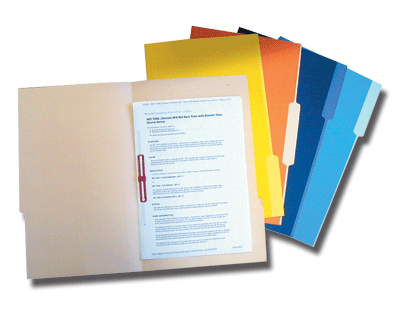10 Examples of Paragraphs for Elementary Children
Miscellanea / / November 09, 2021
Paragraphs for elementary school children
The paragraphs are parts of a text that begin with a capital letter (for example, A, B, C) and ending with a new paragraph, that is to say, that after this point you do not continue writing in the same line.
Many paragraphs together make up a text. In each paragraph a central idea is developed that emerges from the general theme of a text. For example, if it is a text that deals with the description of a house (the general theme of the text), each paragraph describes what each part of the house is like (each paragraph has a central idea).
Paragraphs can have one or more sentences. The sentences are statements that start with a capital letter and are separated from other sentences with a point and followed. Generally, the first sentence of a paragraph describes the central idea of the paragraph and in subsequent sentences there are secondary ideas that are related to the first.
There are different types of paragraphs:
Examples of paragraphs for children
- The boy went for a walk in the field and saw a sheep that seemed to be alone and lost. He took her to the river to drink some water and then he reached her to the house of the neighbor who had many sheep. The neighbor thanked him because it was her sheep, which had been lost the day before while she was grazing. (narrative paragraph)
- The garden of the house was very beautiful. There were many colorful flowers and very large trees. There was a stone path that went from the house to the pool, and it crossed a very large park. The pool was medium and deep. At the bottom of the garden were hammocks and a slide. (descriptive paragraph)
- Estela asked the waiter if she could bring him some water, the waiter replied that the water had run out, but that she could offer him juice, so she asked him to bring her orange juice. After finishing the juice, she asked the waiter for a cheese sandwich. (dialogue paragraph)
- A play is a story performed by actors on a stage. The actors represent characters, that is, they are people who give life to the characters of a written text. In the plays there is usually music that accompanies the story, songs that the characters sing and scenery that serves to decorate and make the scenes seem real. (informative paragraph)
- It is necessary that all people take care of nature and the environment because, failing to do so, there can be serious consequences. To take care of the environment there are different activities that can be done, such as separating the garbage, turning off the lights and using the water as little as possible. All the little actions add up and never forget that the environment is home to many species of animals and plants. (argumentative paragraph)
- Traditional tales are real or made-up short stories that are passed down from generation to generation. Traditional tales are part of our identity, because they deal with themes that are related to elements of our culture. In this chapter the main characteristics of traditional tales will be explained. Also, there are three stories to read. (introductory paragraph)
- Climate change is the variation in the climate of our planet. Its main causes are the use of fossil fuels, deforestation, the excessive use of drinking water, and air and soil pollution. (developing paragraph)
- In short, all people deserve to be treated with respect and no one should be discriminated against. All people have the same rights, which should not be violated under any circumstances. Therefore, it is important that all citizens know our rights, to respect them and to have them respected. (concluding paragraph)
- There was a tortoise walking in the forest and a hare approached her who made fun of her for her slowness. The tortoise replied that she could be slow but that she was very resistant and, to prove it, she challenged the hare to play a race. The hare accepted. (narrative paragraph)
- My grandmother's cat is called Chispita and he is very affectionate and playful. He likes to be fed and stroked on the head and he loves to sit at the window to look at the street. Also, he likes to lie down or sleep most of the day and hates rainy days. (descriptive paragraph)
See also:



